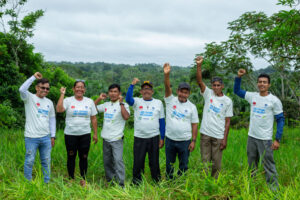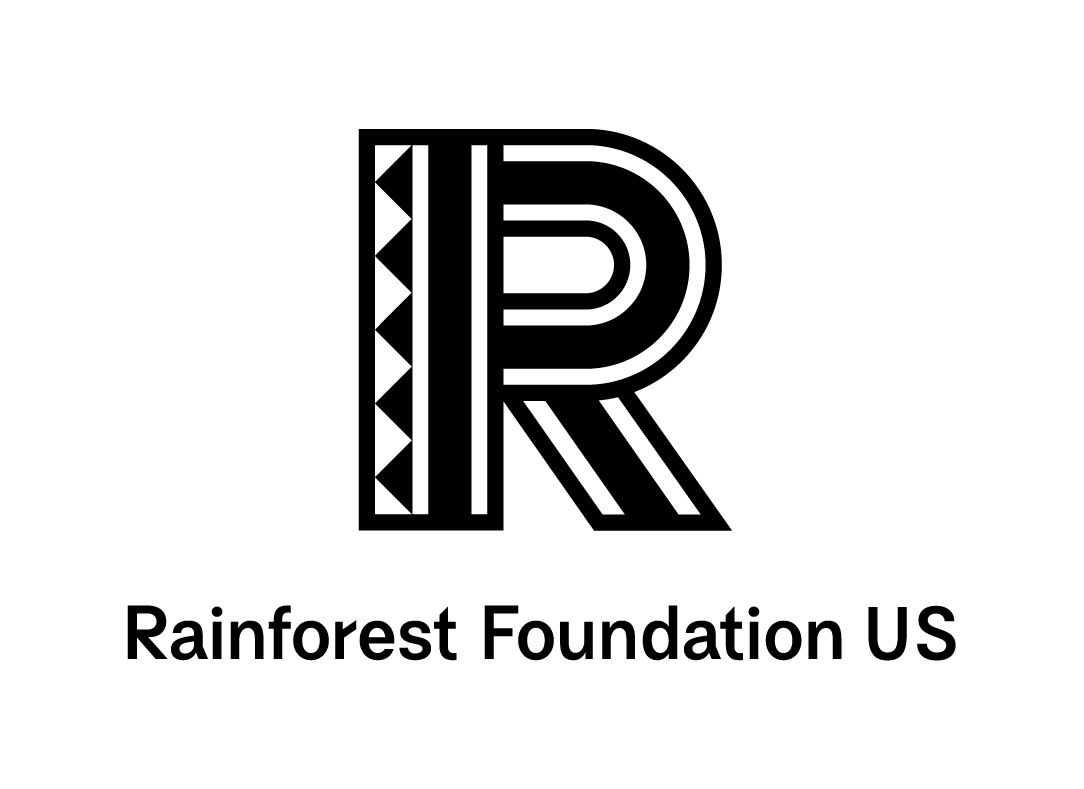
Cinema on the River: A Floating Film Festival in the Heart of the Peruvian Amazon
The Muyuna Floating Film Festival showcased a unique floating screen, bringing films directly to riverside communities in the Peruvian Amazon. During the festival, Rainforest Foundation US supported an Indigenous Cinema Workshop, emphasizing the urgent need to understand these issues from the perspective of Indigenous peoples and local communities.




